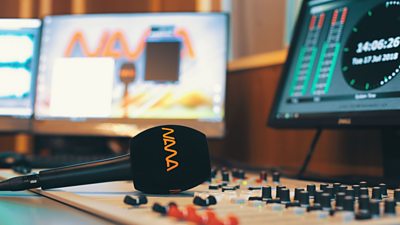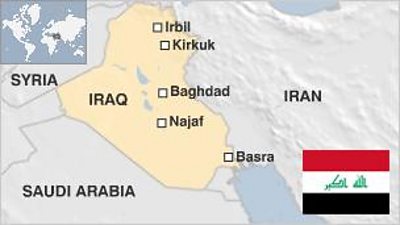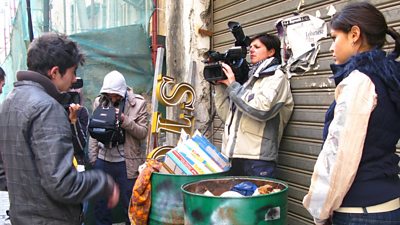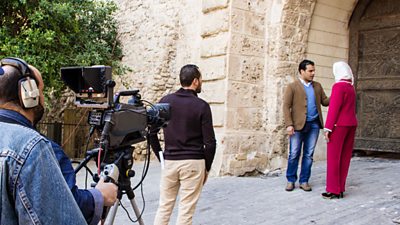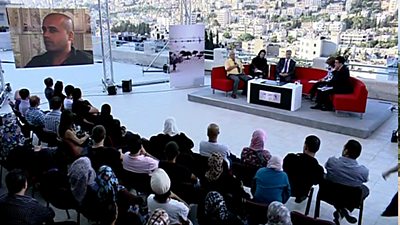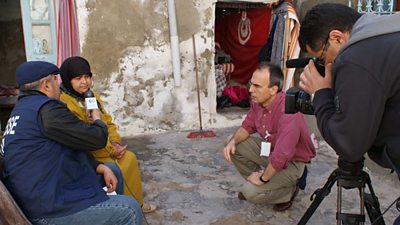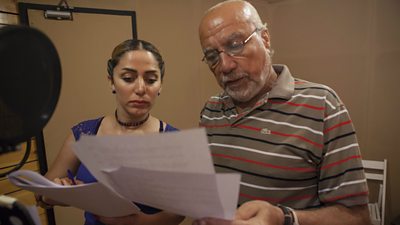In Iraq, efforts to build a functioning democracy have been slow and painful. Years of sectarian tensions and armed conflict have undermined the rule of law and paved the way for armed militias to control daily life. Corruption is rife and citizens are disenfranchised; in 2021, the country ranked 157th out of 180 on Transparency International’s annual Corruption Perceptions Index.
Independent media outlets that support democracy and work in the public interest are crucial in such a context. But there were none in Iraq when the Saddam Hussein dictatorship ended in 2003. ���˿��� Media Action started work in Iraq in 2004, supporting the provision of public service media content to local communities, so that they could have access to information, engage in political life and demand accountability from their public officials.
One of our largest initiatives was to set up Al Mirbad in 2005, a public service broadcaster for southern Iraq. As it developed, we handed it over to its local management and continued to support it to become one of very few independent outlets in Iraq, reaching millions on radio and online.
From 2015 we also provided extensive support to Radio Nawa, serving audiences in the northern and western provinces and the autonomous Kurdish region. Nawa’s Arabic service was a vital lifeline for communities traumatised and displaced by Islamic State, providing them with information and a platform to engage with their government as they started to rebuild their lives.
As well as working with media partners, we provided technical support to Iraqi lawmakers to improve media freedom - advising parliamentary committees on independent regulation, freedom of expression, cybersecurity and freedoms, and the role of publicly-funded media institutes.
Although freedom of expression in Iraq has improved since 2004, the outlook for public interest media remains gloomy. Much of the country’s media is politically affiliated. Poor market conditions, endemic corruption and the lack of rule of law make it difficult for public interest media to operate ethically, or to secure sufficient income.
Lack of funding has forced Nawa to shut down its Arabic service. ���˿��� Media Action terminated its support to Al Mirbad in 2021 following a change of control, which meant that Al Mirbad could no longer demonstrate the editorial and financial standards that we expect from our partners.
But we remain proud of the impact that this enterprise has had on the lives of millions over nearly 17 years, and we will continue to apply our learning from Iraq to our work in other countries.
Latest news from Iraq
Our insight and impact
Use our research library-
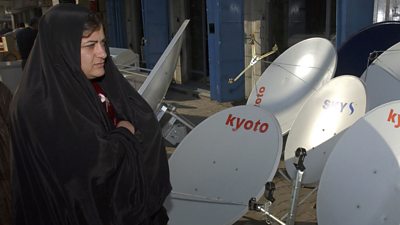
Policy briefing: The media of Iraq ten years on – the problems, the progress, the prospects
A decade after the US-led coalition troops entered Iraq in March 2003, this policy briefing focuses on the problems, the progress and the prospects for Iraq’s media. -
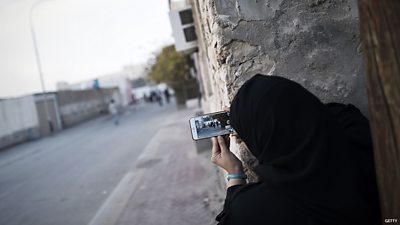
Review: Supporting journalists in challenging environments
This review explores the challenge, the impact and the learning – from our training programme called Khabar Academy in the six Gulf States. -
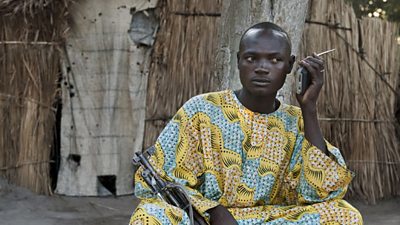
Policy briefing: Fragile states - the role of media and communication
More than 40 states around the world are classed as "fragile" by the OECD. This policy briefing examines the implications of current media trends for fragile states and explores whether these trends are making these states more, or less, fragile. It argues that the role of a free media should be embraced and better prioritised in strategies designed to support such states. -
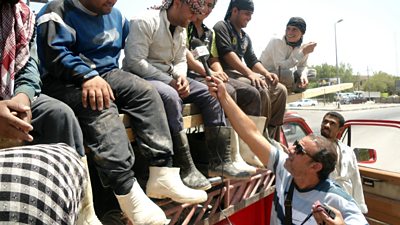
Research summary: How do Iraqis consume media and what implications does this have?
This research summary explores media consumption habits and the role of media to improve dialogue between Iraqis, local and central government and security forces.
